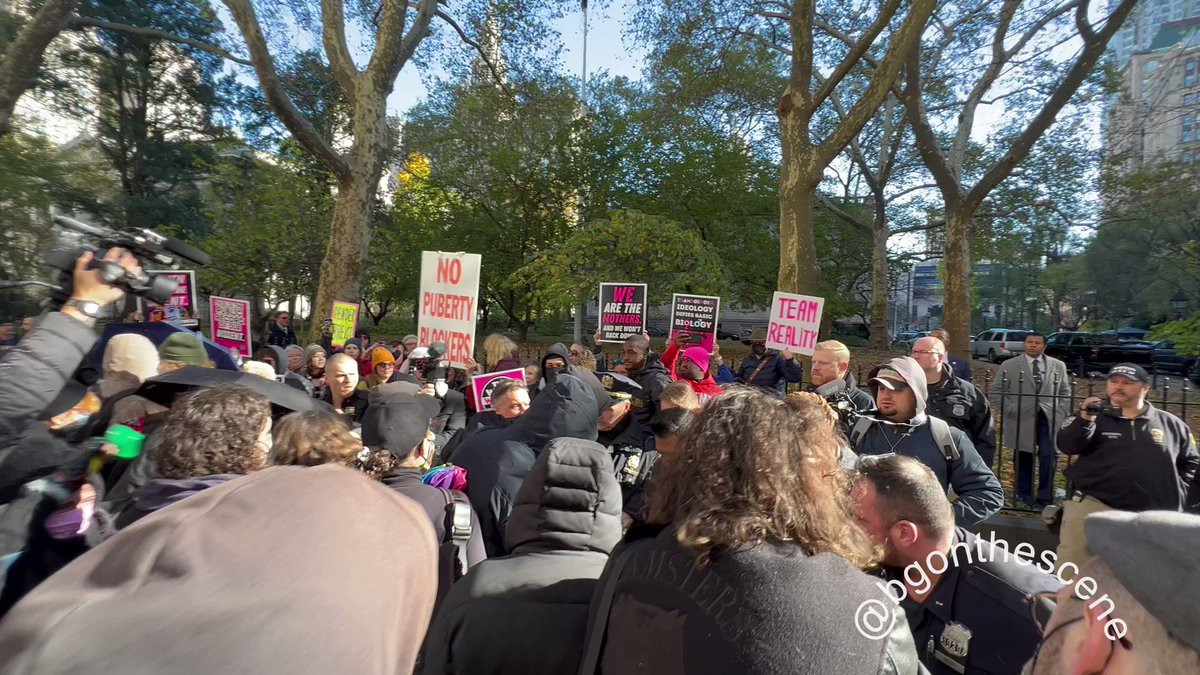Trump's Controversial Gulf of Mexico Name Change Proposal
President-elect Donald Trump's recent announcement regarding his intention to rename the Gulf of Mexico to the “Gulf of America” has ignited a firestorm of debate and discussion. This bold move, revealed during a press conference, has raised eyebrows globally, prompting questions about the legal implications, historical context, and the potential international ramifications of such a significant geographical nomenclature change. The statement, made amidst discussions about other controversial proposals, including potential military intervention, has overshadowed many other issues.
The Rationale Behind the Name Change
Trump's justification for the name change centers around the significant role the United States plays in the Gulf's economic activities. He asserts that, due to the substantial economic contributions of the U.S., particularly the extensive offshore oil production off the coasts of Texas and Louisiana, the name should reflect American dominance and influence. The statement, delivered with characteristic confidence, was received with mixed reactions. Many have called the idea absurd while others have welcomed it as a long-overdue recognition of U.S. significance.
Historical Context: A Name Spanning Centuries
The Gulf of Mexico's name boasts a rich history, dating back to the Spanish conquistadors who first explored and colonized the region in the 16th century. It was initially known as the Golfo de Nueva España or Golfo de México. The current U.S. presence only emerged much later following the Louisiana Purchase in 1803, and acquisitions of Florida from Spain in 1819, and Texas' independence from Mexico in 1836. Today, the U.S. exclusive economic zone encompasses approximately 44 percent of the Gulf's surface, making it a critical area for U.S. economic activity. However, to argue this implies sole ownership is a misunderstanding of the region's shared history and ongoing collaboration.
Legal and International Implications
The legal framework governing the naming of geographical features varies widely depending on the jurisdiction. In the United States, the U.S. Board on Geographic Names holds the authority to standardize geographic names. But, even with a U.S. name change, international recognition would not be automatic. International organizations, such as the International Hydrographic Organization (IHO), play a crucial role in establishing international standards for hydrographic names. Any attempt to unilaterally rename the Gulf of Mexico would likely face considerable opposition from Mexico, other countries with a presence in the region, and international bodies. The IHO's established procedures would need to be followed if a name change were to gain global acceptance, which typically involves a complex process involving consultation with relevant countries and stakeholders.
Political Fallout: International Relations and Domestic Reactions
The proposal has sparked significant political debate. This controversial plan is also viewed by some commentators as further evidence of the president-elect’s increasingly isolationist approach to foreign policy, exacerbating existing tensions with Mexico. The proposal has drawn immediate criticism from Mexican officials. Some sources, such as Forbes, reported that Trump's proposal came on the heels of renewed threats against Mexico, regarding immigration and trade disputes. While some Americans view the suggestion as a proud assertion of national dominance and influence, others criticize it as an aggressive and unilateral action, potentially detrimental to international relations.
The Future of the Gulf's Name
The likelihood of a successful name change remains highly uncertain. The legal and political hurdles are substantial, and the precedent of international cooperation in naming conventions suggests that a unilateral action by the United States is unlikely to gain widespread acceptance. Although Rep. Marjorie Taylor Greene has voiced support for the initiative, introducing the concept of legislative action towards a formal name change, this remains a complex undertaking, requiring broad international consensus and adherence to international guidelines. The proposal’s long-term impact on U.S.-Mexico relations, and the global geopolitical landscape, remains to be seen.
A Tempest in a Teacup, or a Sign of Things to Come?
Ultimately, whether the Gulf of Mexico's name will change remains a question with no easy answer. The proposal underscores the ongoing power dynamics in the region and highlights the complex interplay of national interests and international cooperation. Regardless of the ultimate outcome, the proposal has sparked a crucial conversation regarding the importance of international collaboration in defining and maintaining global geographical nomenclature and serves as a stark reminder of the delicate balance between national ambitions and international harmony. The proposal is yet another example of the President-elect’s willingness to challenge established norms and conventions on the world stage. Whether this is a sign of a broader pattern of unilateral actions or a one-off event, will undoubtedly be the subject of discussion and debate for some time to come. The ongoing debate will be crucial in shaping international relations in the years to come. The current naming controversy might be a significant event in future discussions.


















